Search

Using Increased Longevity to Reduce Annual Cow Cost
When evaluating annual cow cost, feed rises to the top of the list. Feed cost is an important area to consider; however, have you evaluated the cost of incorporating replacement heifers into the cowherd?
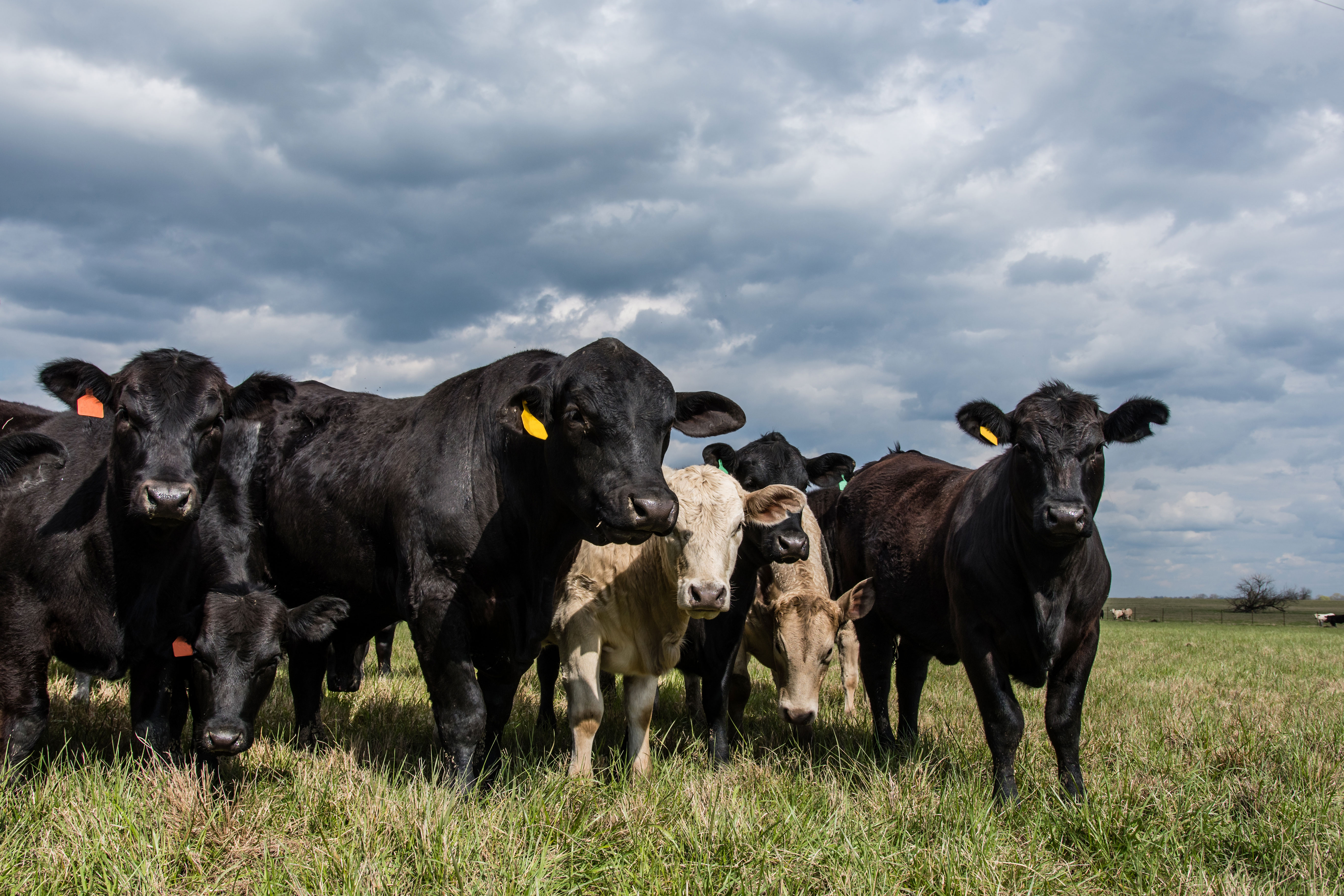
Ensure Herd Bulls Are Ready for the Upcoming Breeding
Percent of calf crop weaned on any operation is the single largest factor influencing profitability. Subsequently, herd bulls influence herd fertility more than any other single animal.
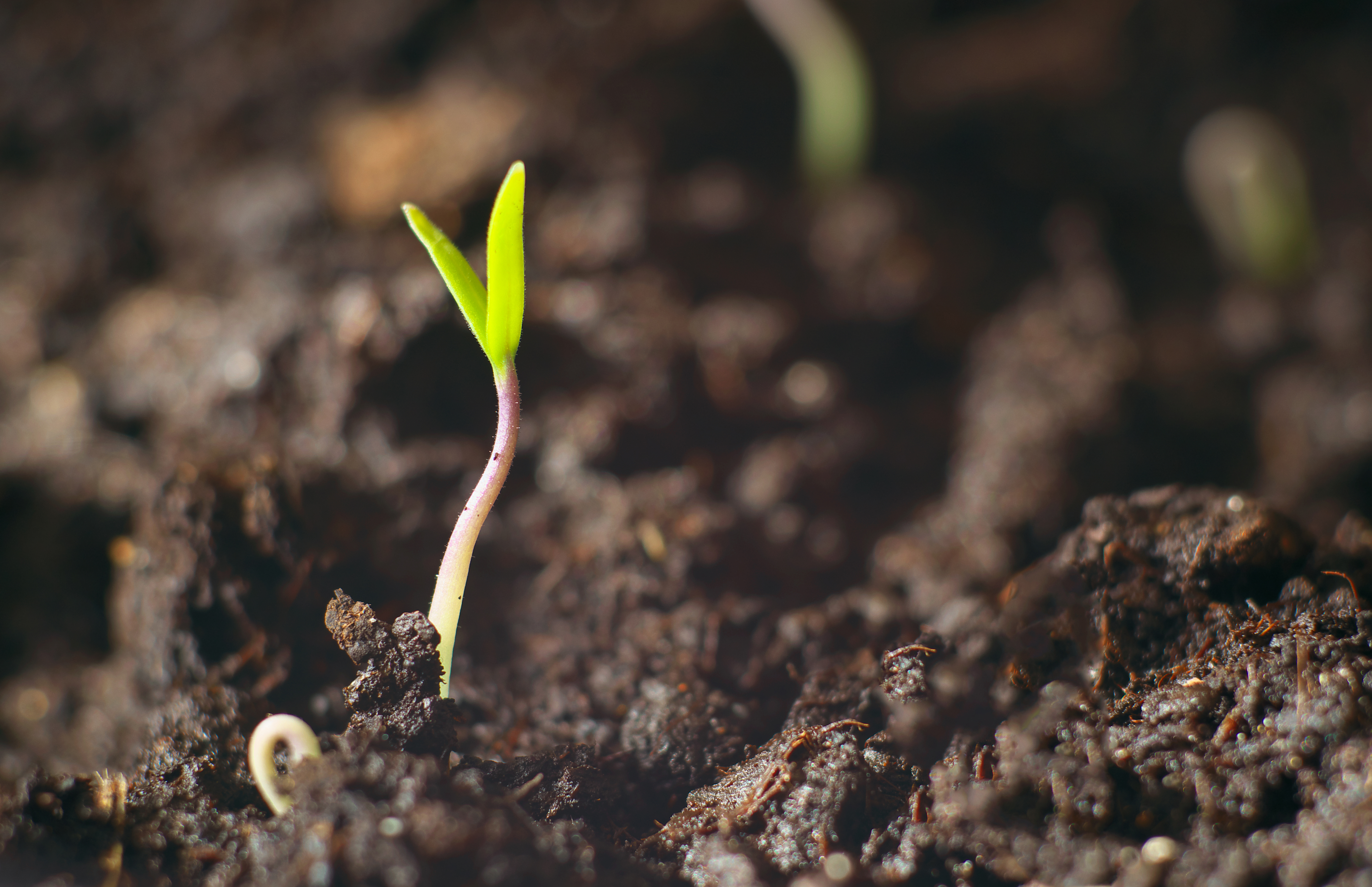
SDSU Extension to Address Economic and Marketing Issues in Crop and Livestock Production During Ag Economic Dialogue Series
August 06, 2020
SDSU Extension will host monthly Ag Economic Dialogues throughout 2020 to assist farmers and ranchers in making the best and most profitable decisions for their operations.
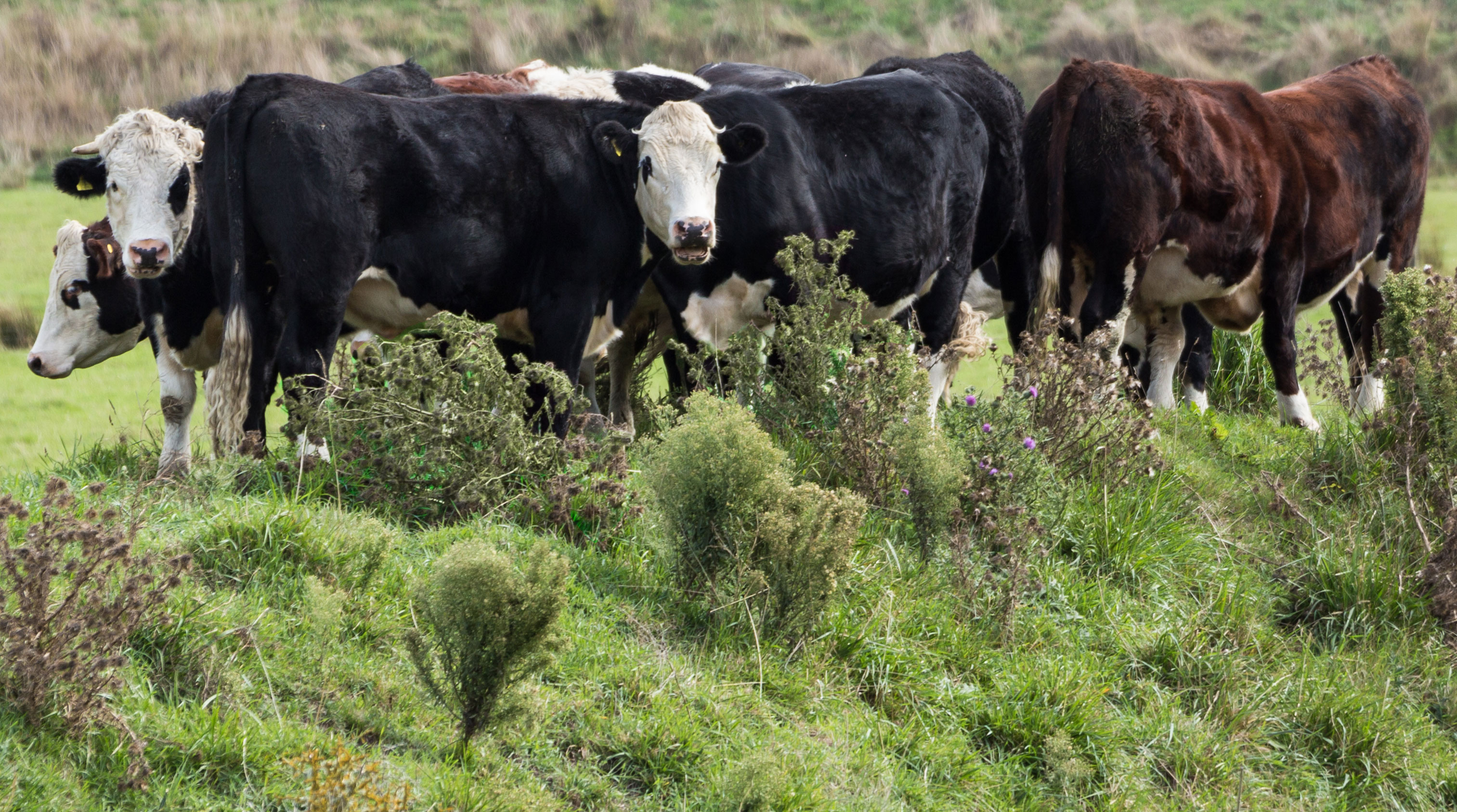
Alternative Pasture Weed Control
The term ‘weed’ can be broadly applied to any plant that is undesirable at any given time and place based on certain criteria. It is important to understand that the word ‘weed’ has become a general term with no universal definition, and many plants are considered to be weeds, depending on location.

Cash Flow is Critical
Strong business management skills and systems do not go out of style in times of uncertainty. These skills will help the business work through downturns in commodity prices. Cash flow budget accuracy is critical in developing and controlling the business.
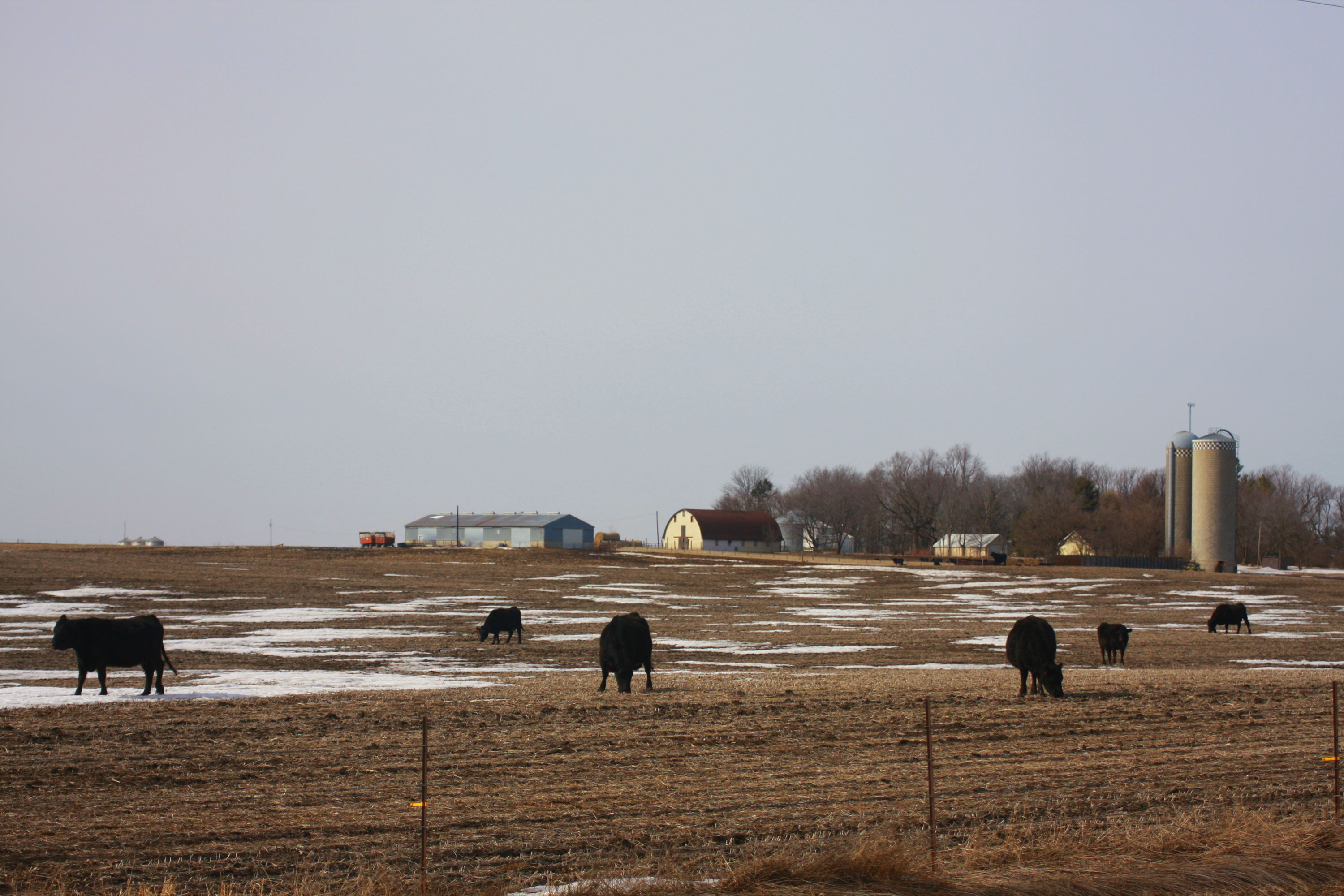
Considerations for Cull Cows
The last year was difficult to say the least, from a wet, muddy spring and late planting to an early, wet fall and difficult harvest. Unfortunately, for cow calf producers, the repercussions were seen during pregnancy detection this year, as the number of slaughter cows within the state were abundant due to open cows.
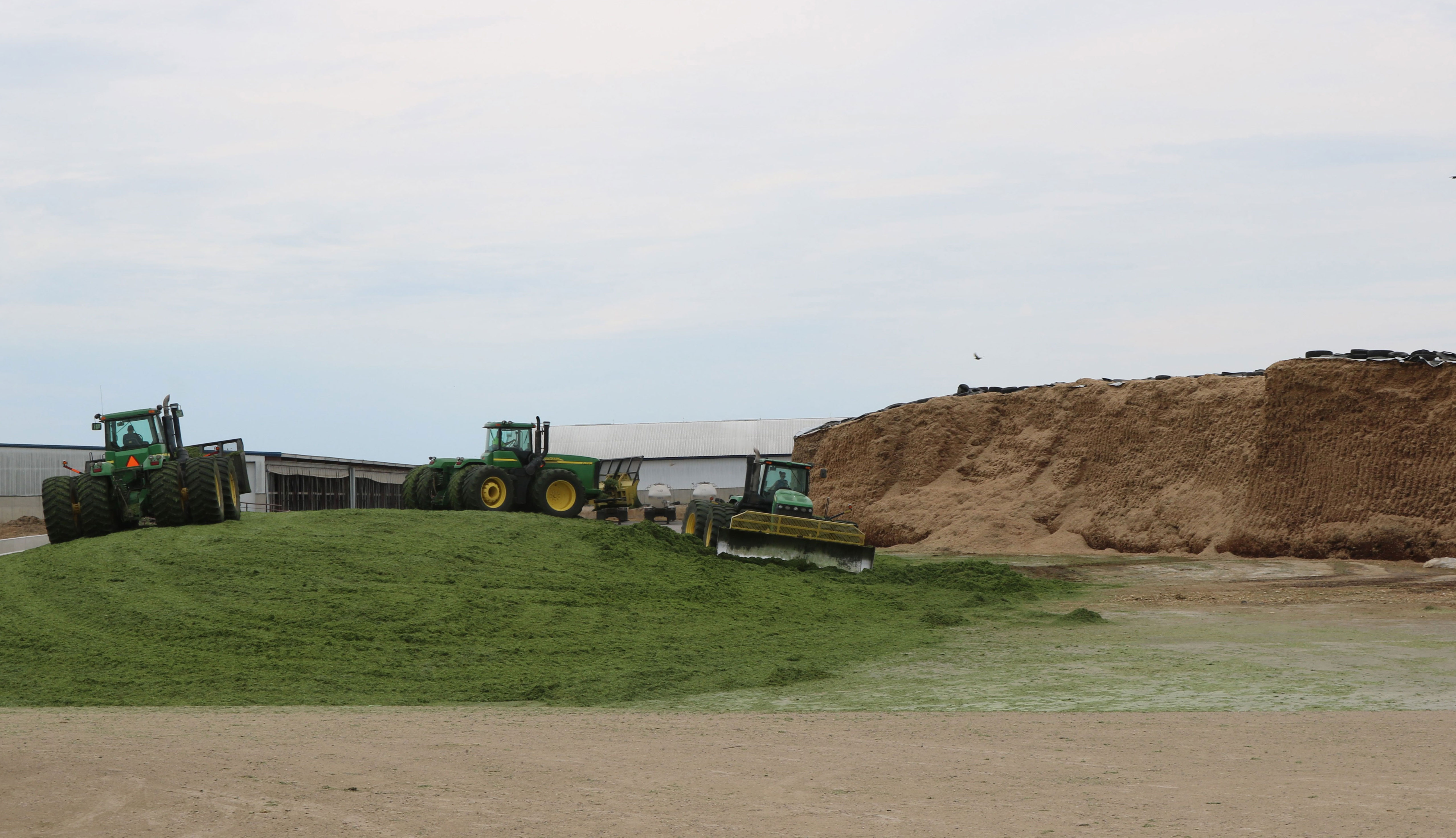
Harvesting Silage on a Wet Year: Moisture is Critical
Fall is on its way in South Dakota. However, with many flooded and saturated fields, some producers are growing concerned that there will be little opportunity to harvest silage before corn dries down past desired moisture levels or frost occurs.
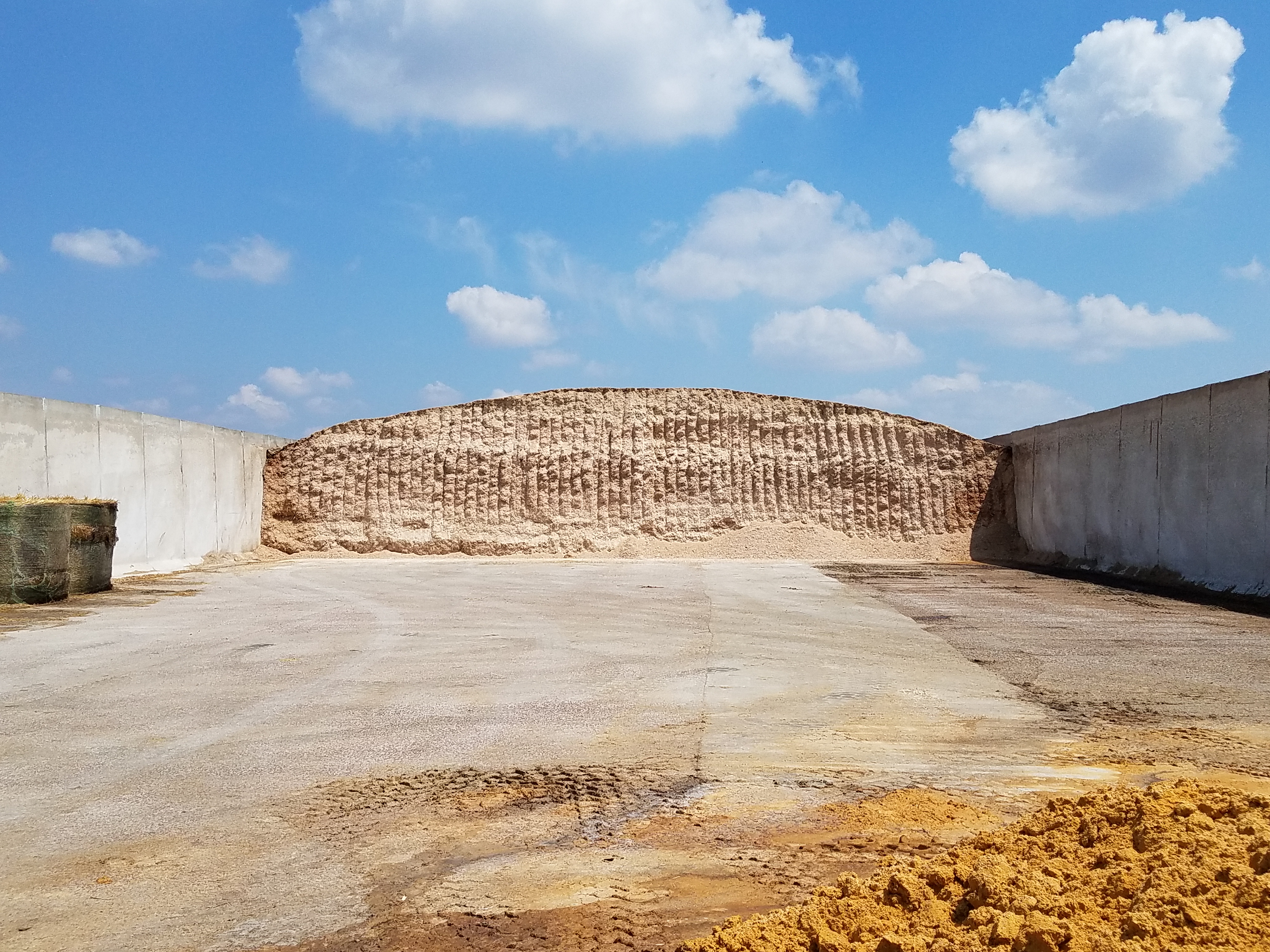
Harvesting High-Moisture Corn and Earlage
Producers who raise both corn and cattle have the option of harvesting some or all of their corn acres as a high-moisture grain crop to be marketed through cattle. There are several advantages to harvesting corn earlier at a high-moisture content.
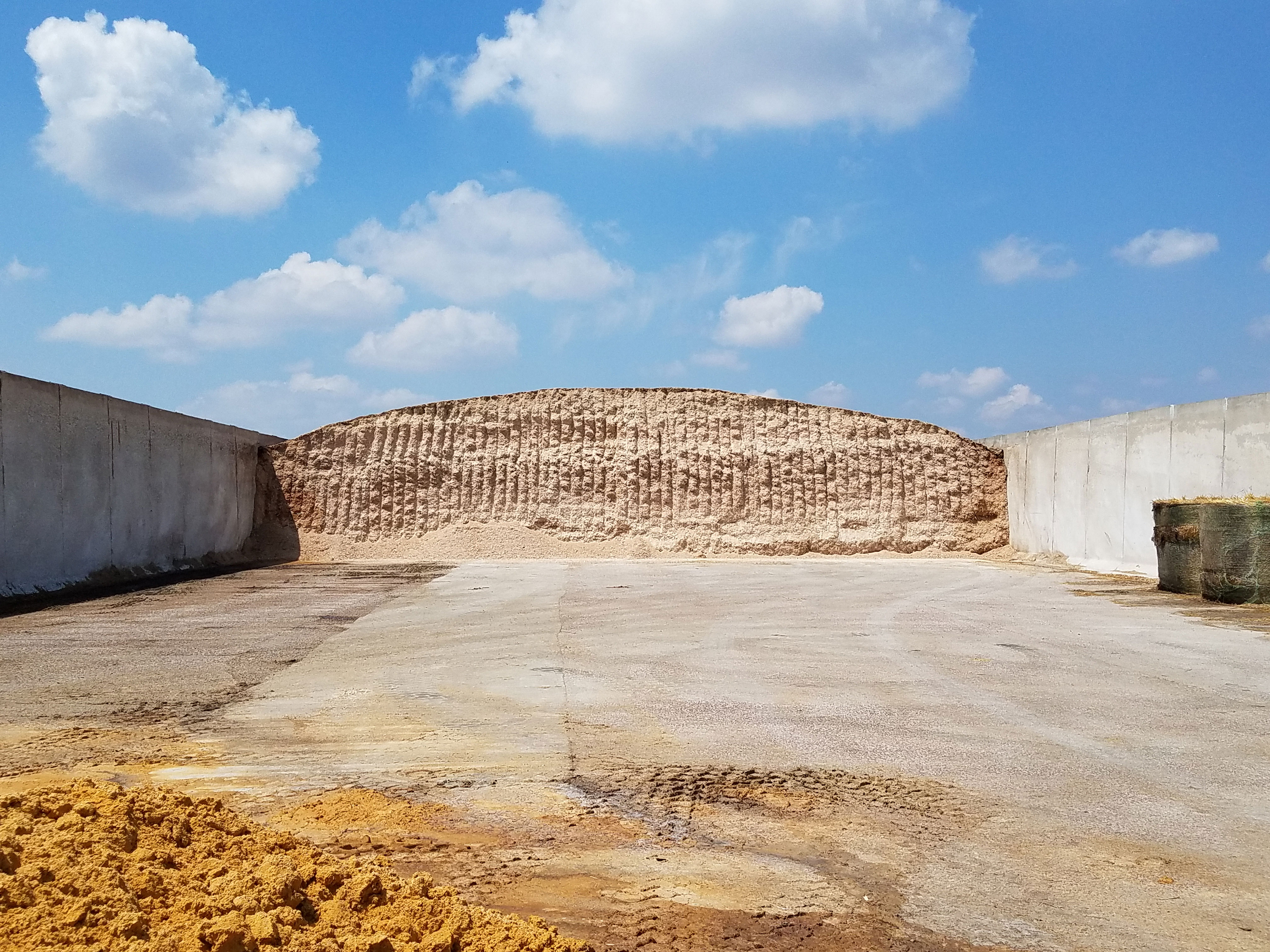
Valuing High-Moisture Corn and Earlage
A key advantage to using commodities that meet standard specifications and are frequently traded is that it is very easy to establish an economic value that is accepted by most users. The marketplace sets the value of corn, and other feedstuffs on a daily basis, provided those products meet some set of standard specifications.
Multi-Species Grazing as an Alternative to Pasture Spraying
Broadacre spraying of pastures is intended to reduce undesirable plants and increase grasses for livestock. This practice often results in unintended consequences, including damage and reduction of native forbs and reduced profitability. One approach to managing perceived “weedy” plants is incorporating different species of livestock into a grazing operation.